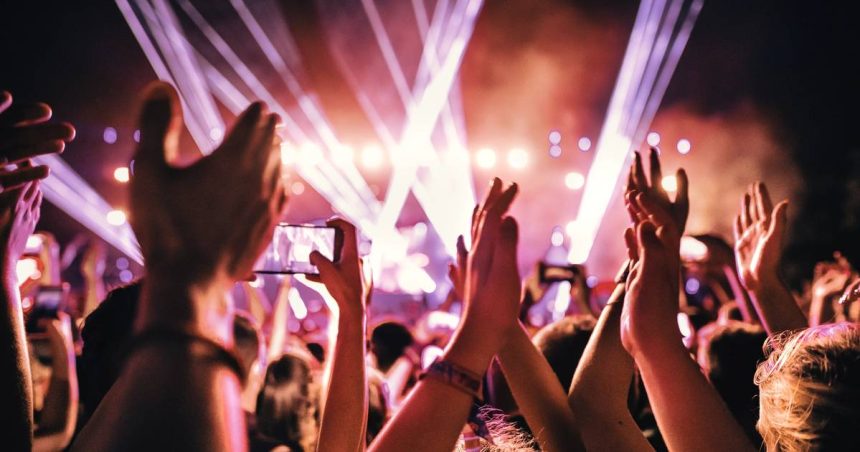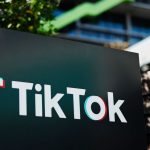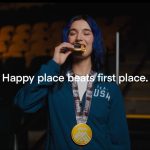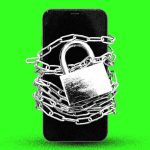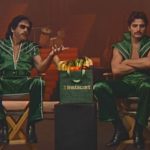Get marketing news you’ll actually want to read
The email newsletter guaranteed to bring you the latest stories shaping the marketing and advertising world, like only the Brew can.
Music festivals are so back.
After being deeply impacted by the pandemic, the live music industry is getting back on its feet, in large part thanks to festivals, according to sports and entertainment intelligence platform SponsorUnited.
As music fans have returned in droves, so, it seems, have brands.
Have a drink
Beverage brands are embracing music festival sponsorships more than any other category, according to a report from SponsorUnited that analyzed almost nearly 30,000 posts and 13,000 deals spanning more than 1,400 festivals and artists and over 8,300 brands between January and December of 2022.
The top 12 brands by deal volume all come from the beverage industry. Of the top 10, more than half are alcoholic-beverage companies, including Tito’s, White Claw, Bacardi, Bud Light, and Jack Daniel’s. Coca-Cola came in at No. 1, followed by Red Bull at No. 2. Coke competitor Pepsi had the fifth-highest number of deals.
“They can be engaged with fans and serve whatever they’re serving over those multiday experiences,” SponsorUnited CMO Michelle Harmon-Madsen told Marketing Brew. “It’s the perfect match of reaching new audiences, reaching influential audiences, and being able to give them an experience that just can’t be beat in a digital or other environment.”
Who’s who
When it comes to sponsorships of individual artists, the beverage space is less active. The apparel and accessories, technology, and consumer products industries all beat out beverage brands in terms of deal-making with artists.
DJ and producer Steve Aoki has the most brand deals of any artist, at 25. T-Pain and Snoop Dogg followed at 24 a piece. Three of the top 10 most-endorsed artists were women. Nine of the top 10 artists with the highest social media engagement were women, including BLACKPINKsinger Rosé, Billie Eilish, and Selena Gomez.
Brands might choose to endorse an artist over a festival if they have a particular message to share with a demographic that overlaps with that of the artist, Harmon-Madsen said. “If you can make your message align with the fan authentically, you’ve got a great deal,” she said. “If there’s a mismatch there, that’s where I think brands make mistakes.”
Well-versed
Some brands have taken their music festival sponsorships into the metaverse, like Absolut, which created a virtual bar during Coachella last year, or Adidas, which set up a metaverse city tied to Lollapalooza.
Even though in-person festivals are back, Harmon-Madsen said these virtual experiences can still be worthwhile for brands.
“There’s going to continue to be interactive experiences and things that are going to be more aligned to the metaverse or virtual,” she said.
Read the full article here


